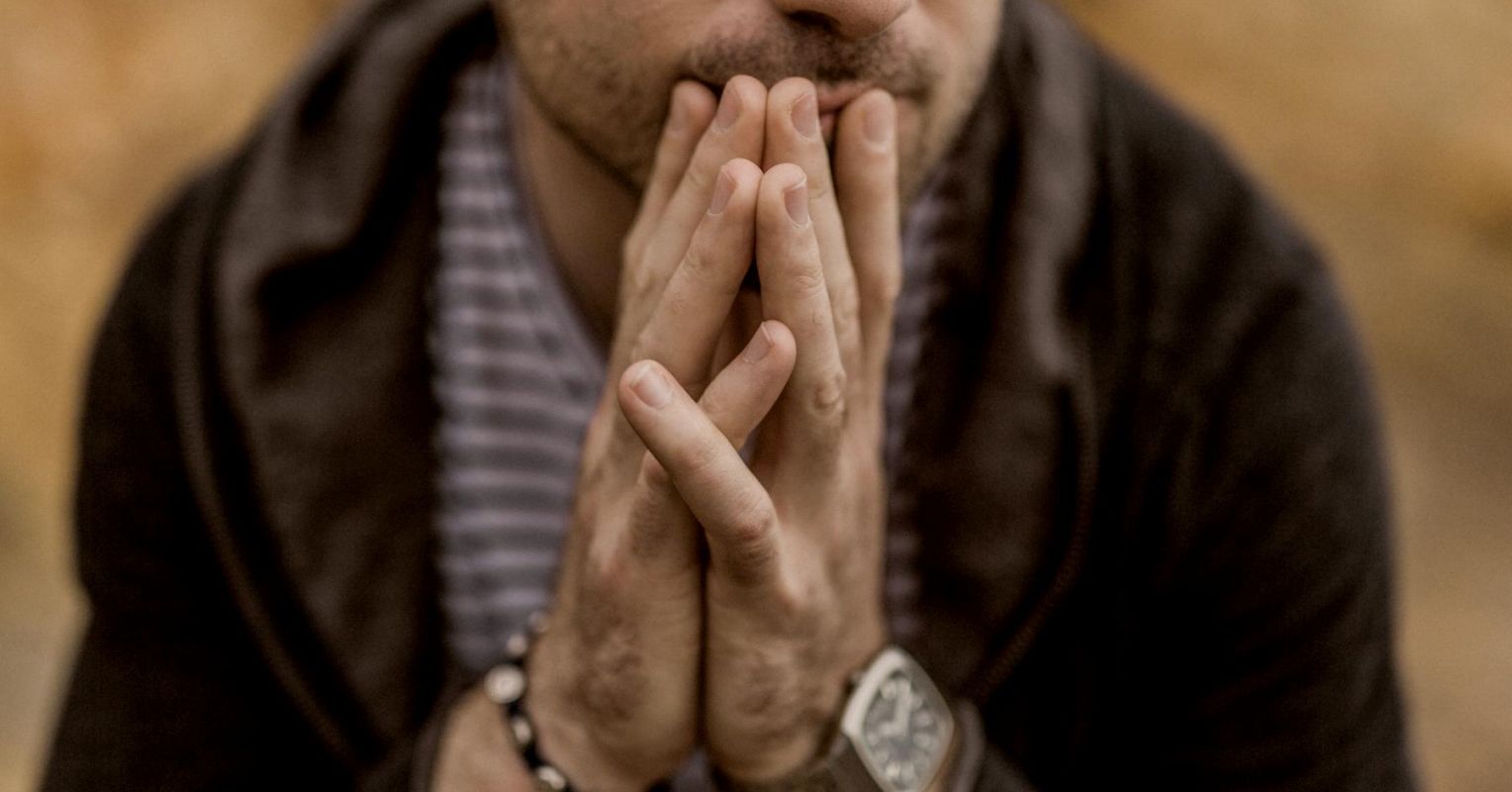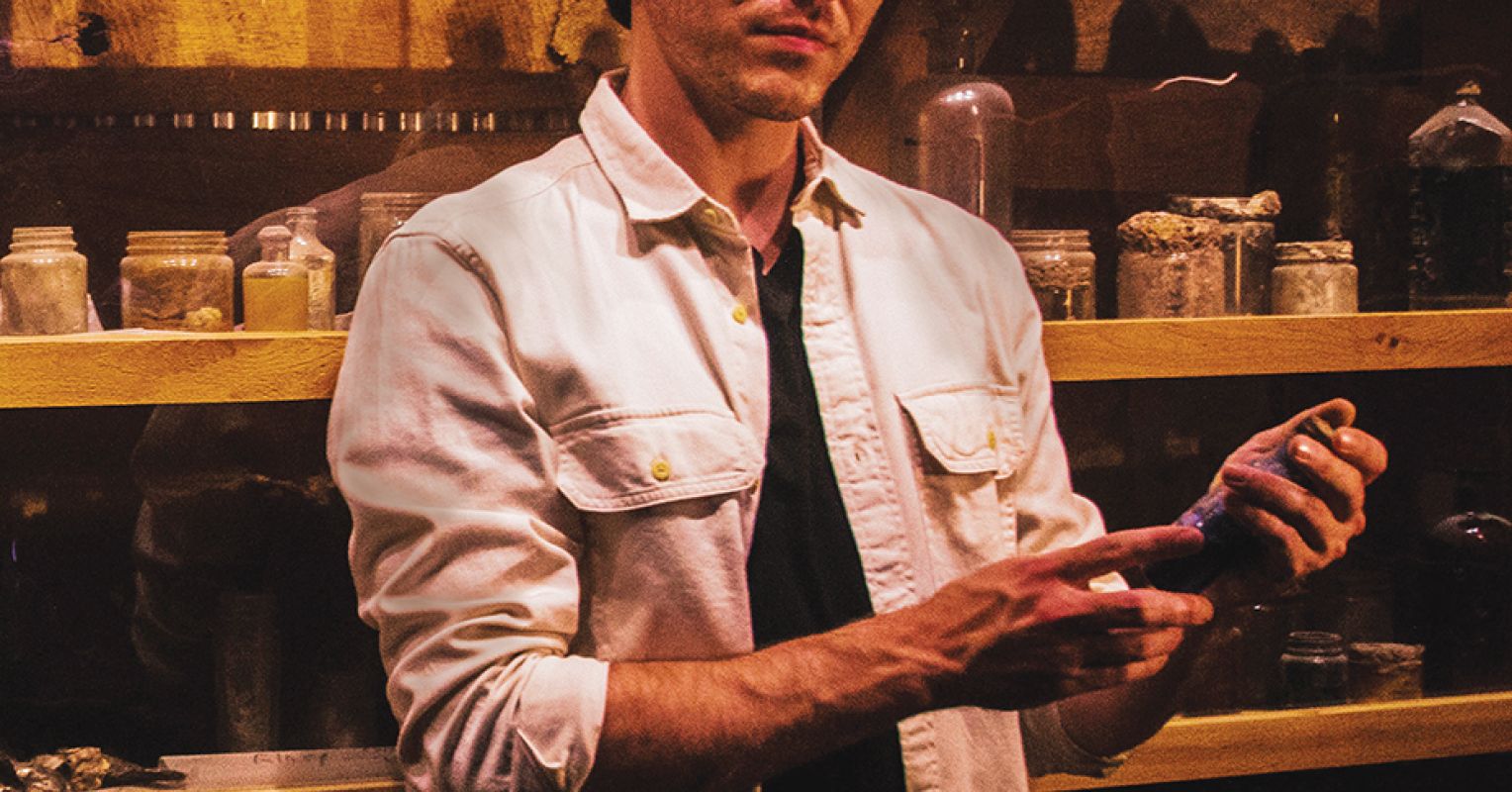fromPsychology Today
5 hours agoThe Cause Illusion
Ever since our ancestors first stood upright and squinted at the horizon, we've been wired to notice patterns. A rustle in the grass might have meant a stalking predator. Dark clouds often meant rain. Those who made these connections and guessed that one thing caused another tended to survive. Over time, this ability to link events became one of our most significant evolutionary advantages. It's how we built tools, tamed fire, and eventually invented Wi-Fi.
Psychology







